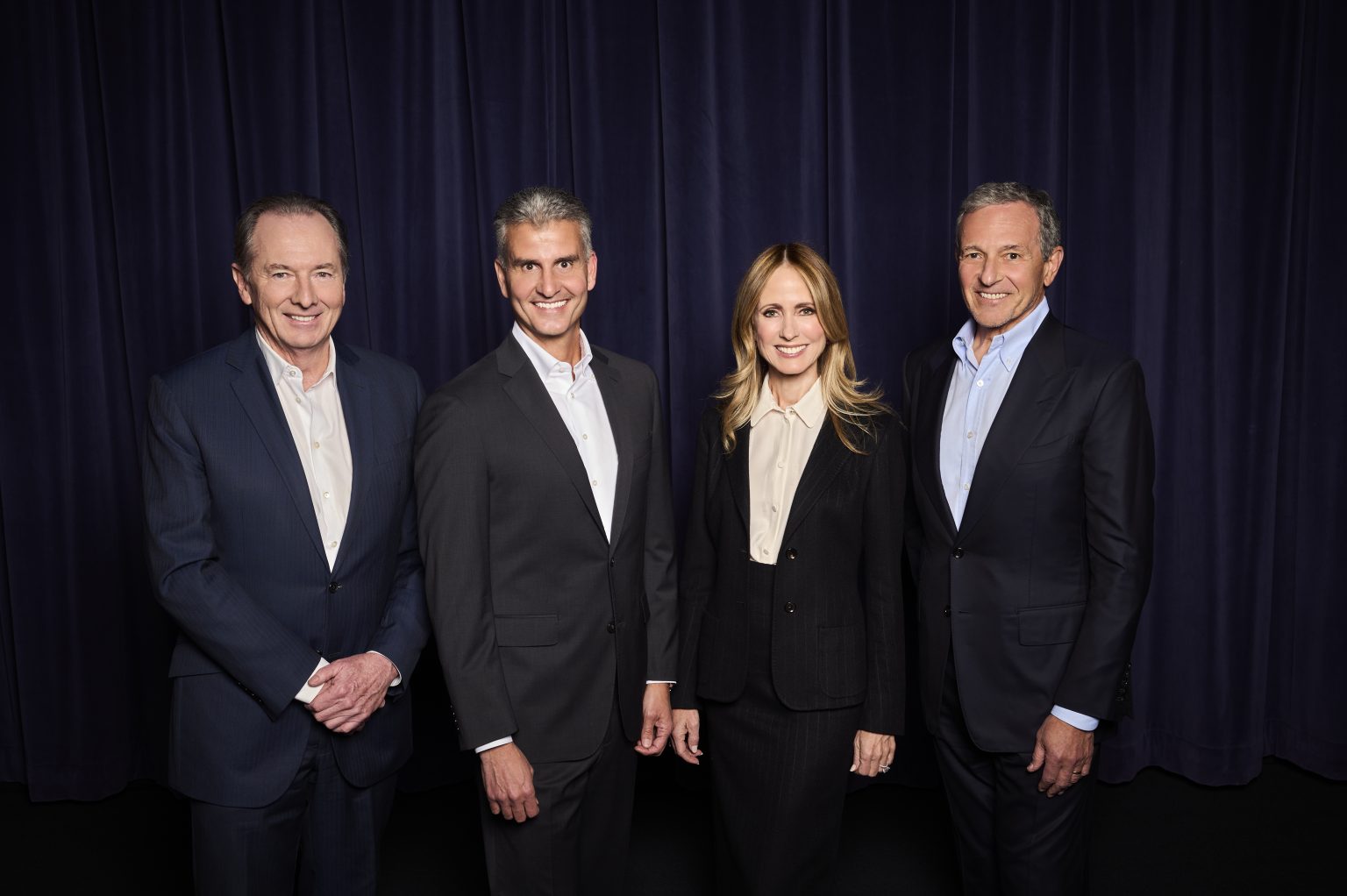NBC-Paxson feud expected to end
The professional video industry's #1 source for news, trends and product and tech information. Sign up below.
You are now subscribed
Your newsletter sign-up was successful
After years of dispute between NBC Universal and Paxson Communications, the two sides have ended a protracted and complicated negotiation last week that will result in the departure of Lowell Paxson as the chairman of Paxson Communications and an opportunity for NBC Universal to develop a partnership to control the company.
Executives involved in the deal told the New York Times that it could unlock the value of a promising media asset: Paxson’s 60 broadcast television stations, located in most of the nation’s biggest cities.
Brandon Burgess, the NBC executive who had been in charge of the negotiations and will become the chief executive of Paxson, called the deal “the last big opportunity in broadcasting in the U.S.”
He said NBC Universal had calculated that Paxson’s stations present a wide range of opportunities; they have deals in place that guarantee coverage on cable systems throughout the country, and with digital expansion the stations have the capacity to multiply their channel offerings five- or six-fold.
In one of the biggest complications, NBC Universal, a unit of General Electric, cannot control the Paxson assets because FCC rules limit the number of stations one company can own, and with the Paxson stations NBC would far exceed that limit. So the deal calls for NBC to find a controlling partner for the company within 18 months.
NBC had long been frustrated with its investment in Paxson, privately denigrating its programming lineup. Paxson has been incensed with various maneuvers NBC made after initially investing $415 million in 1999. After NBC bought the stations of the Spanish-language network Telemundo in 2001, the NBC-Paxson relationship turned dysfunctional.
The new deal reportedly guarantees Lowell Paxson, who controlled more than 60 percent of the voting shares in the company, a price for his shares while providing essential protection for public shareholders.
The professional video industry's #1 source for news, trends and product and tech information. Sign up below.
